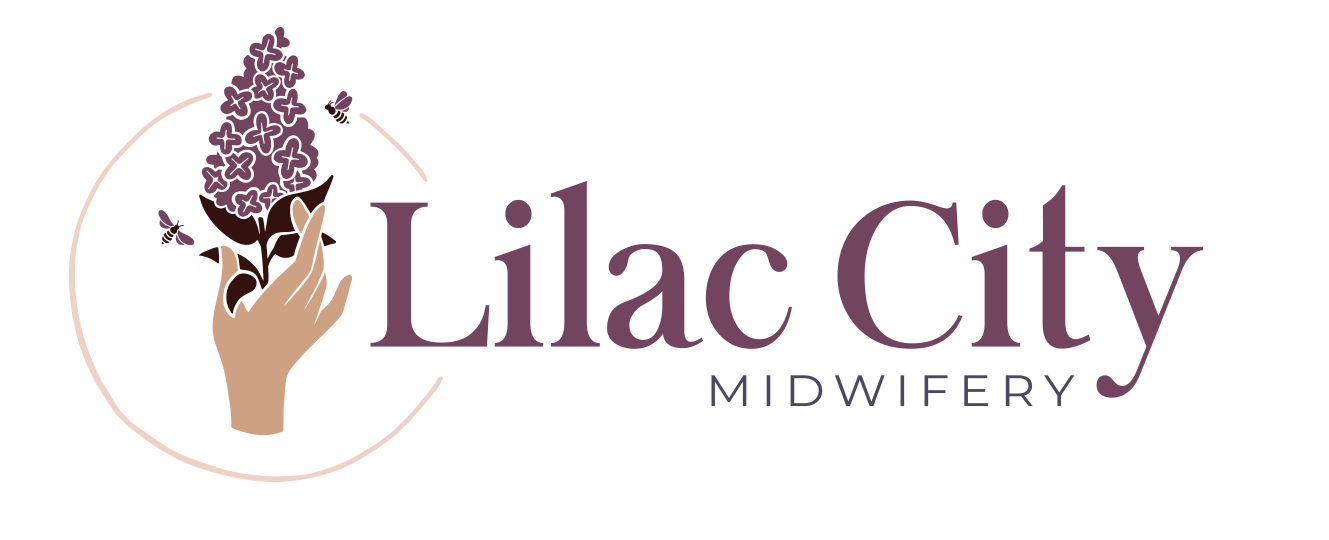Book a consultation, prenatal appointment or postpartum visit with Spokane’s home birth midwife. We can’t wait to see you!
Frequently Asked Questions
Have any more questions that aren’t listed here?
© CDA Birth Photographer
Why choose home birth?
We believe that each mother should have the right to choose how and where she is going to give birth to her baby. While we do love home birth ourselves and are advocates of safe home birth for normal pregnancy and delivery, we would never try to convince someone that home birth is the right choice for them.
We want our clients to be empowered to make their own decisions regarding where they will give birth and we strongly encourage our clients and their families to make an informed decision by doing the research necessary and asking questions.
What kind of training do midwives have?
Midwives come from a variety of backgrounds, all of which comply with a rigorous set of standards set by the Washington State Department of Health. Many licensed midwives in WA State also abide by the standards established by the Midwives Association of Washington State (MAWS). Many midwives train overseas and others complete degree programs here in Washington.
i live in a small house or apt. Can i still have a home birth?
Yes! There can be a misconception that you must live in a house to actually have a home birth. Home births can work in all sorts of spaces. Think about the size of a hospital room.. they can be pretty small. I’m sure your space is bigger than a hospital room!
do you support women desiring a water birth?
Yes! We recognize the many benefits of water birth and want to make sure our clients are able to have access to that comfort measure during labor if desired. During our consultation with our clients we will discuss the benefits and risks of water birth and work together with each client to support the birth they desire.
© Rebekah Alice
what if there is a complication either prenatally or during labor?
Midwives are experts in normal pregnancy and birth which means that we are always on the lookout for any sign outside of the realm of normal. Usually obstetrical complications present gradually and if caught early can be treated by a physician and an appropriate course of action can be decided on between the client, midwife and physician.
Midwives are trained to handle emergencies which can occur during labor and delivery. Home birth midwives carry oxygen, resuscitation equipment, IV equipment, suturing equipment for tears and drugs for postpartum hemorrhage, as well as maintain certification in Neonatal Resuscitation and CPR.
what is the difference between a midwife and a doula?
Although there are some similarities between midwives and doulas in the sense that both provide emotional support and suggestions for coping with labor, the biggest difference is that your midwife is responsible for monitoring the health and well-being of you and your baby, and the progress of your labor. Doulas provide you with uninterrupted support, but they do not provide medical care, and do not deliver babies.
What is a licensed midwife?
Licensed Midwives are formally trained primary healthcare professionals who provide comprehensive care to women during pregnancy, labor, and birth, and the first six to eight weeks postpartum. Across the rest of the world, most babies are born into the hands of capable midwives. The term ‘Licensed Midwife’ is a protected title in WA State, and indicates that the midwife has met the standards to register with the Washington Department of Health, and maintains her status through ongoing relicensing and continuing education.
what are the advantages of midwifery care?
Midwifery clients experienced lower rates of forceps, vacuum extractions, caesarean sections, episiotomies, infections and babies born requiring resuscitation in studies where midwifery care was compared to physician-led care.
© Moon & Mountain Birth
Midwifery clients are encouraged to make informed choices about their care, and have access to all routine medical testing during their pregnancy including blood work, genetic testing and ultrasounds. In addition, midwifery clients benefit from knowing and trusting their midwives, with whom they develop a close relationship during pregnancy. Paramount to midwifery practice is that women feel respected and supported so that they are able to experience pregnancy, give birth, and become mothers with power and dignity.
can i have pain medication during my labor with a midwife?
Midwives support women through the natural process of birth using many techniques and tools to ease and normalize the challenge of labor. If pain relief such as an epidural is required, or another complication should arise, we will transfer you to a hospital which we have agreed upon during the prenatal period.
can i switch care providers in the middle or end of my pregnancy?
Yes! We are happy to accept late transfers. During a consultation we will review present and past medical history to assess whether or not each woman is a good candidate for home birth.
© Moon & Mountain Birth
what if i need a c-section?
If you require caesarean section, your care will be transferred to an obstetrician for the delivery. If the situation allows, we will remain present the whole time. Follow-up care remains the same whether you have a vaginal or caesarean birth.
can my partner or other children come to my prenatal appointment?
Yes of course! You are welcome to bring whichever support people you would like. Prenatal appointments are a great opportunity for your partner to meet the midwife and have his or her questions answered, and for your children to get comfortable with the midwife and participate in your pregnancy. We do ask that if you plan to bring small children to your appointment that you have another adult accompany you to help provide childcare.





